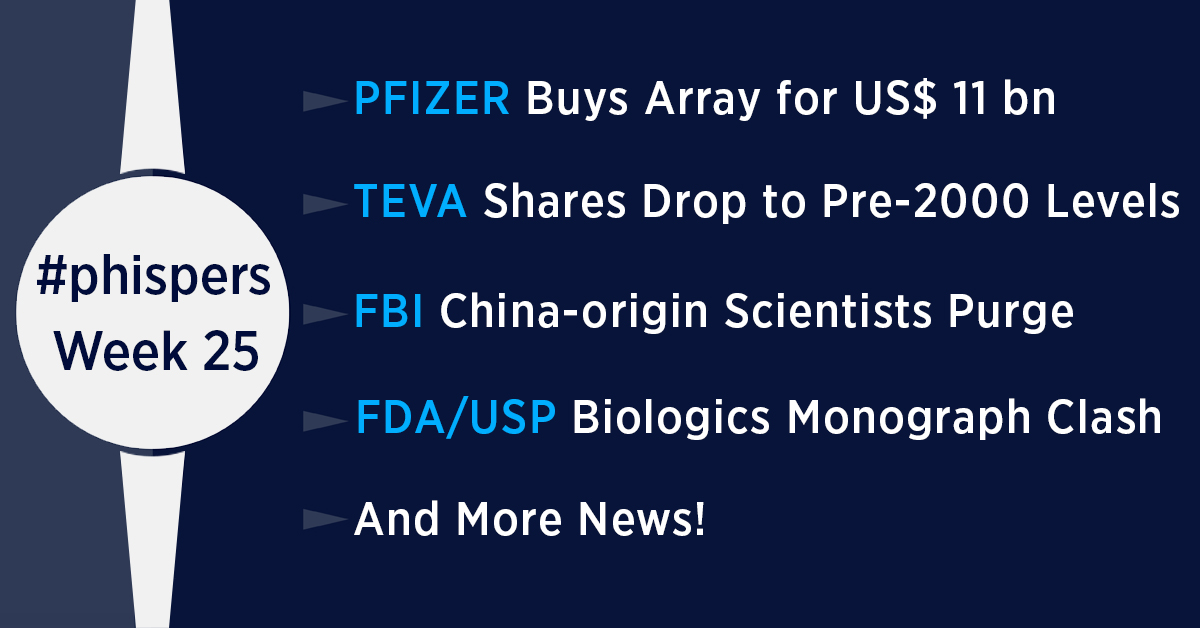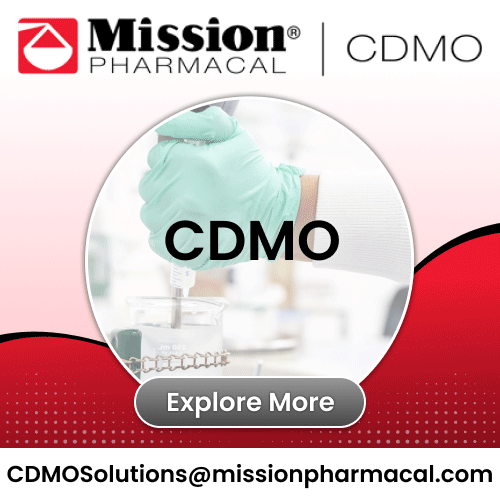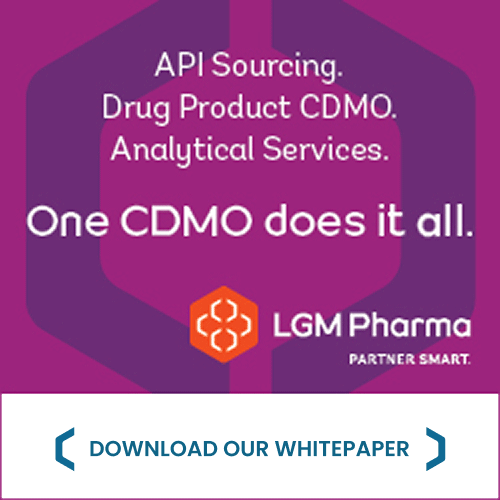
By PharmaCompass
2019-06-20
Impressions: 2925
This week, Phispers brings you news on Pfizer, as it beefed up its cancer portfolio by acquiring Array Biopharma for US$ 10.64 billion.
A new lawsuit in Connecticut on price hiking accuses a former executive at Teva of colluding to raise prices on 107 different generic drugs.
Meanwhile, an Oklahoma judge refused to sign Teva’s US$ 85 million opioid settlement put forth last month.
A Bloomberg report shows us the unpleasant side of the ongoing economic cold war between China and the US, as National Institutes of Health (NIH) and the FBI target ethnic Chinese scientists searching for a cancer cure.
Bluebird Bio announced the price of its gene therapy — Zynteglo — at US$ 1.78 million over five years, making it amongst the most expensive drugs.
Pharmaceutical companies sued the US government in order to block a rule that would force them to put the list price of their drugs in TV advertisements, beginning July 9.
And US Pharmacopeia and FDA clashed over a proposal that would exclude biological products, including biosimilars, from requirements to adhere to USP monographs.
Pfizer beefs up its oncology
portfolio by acquiring Array for US$ 10.64 billion
This week, Pfizer Inc — the largest drugmaker in the US — beefed up its cancer portfolio by acquiring Array Biopharma for US$ 10.64 billion in cash. Pfizer paid a hefty 62 percent premium to Array’s approved treatments for skin cancer, and some of its other experimental drugs. With this acquisition, Pfizer has added a new research hub in Boulder, Colorado, to its global operations.
Pfizer highlighted the acquisition of twice approved drugs in the deal — Braftovi (encorafenib) and Mektovi (binimetinib). In fact, only last year, the US Food and Drug Administration (FDA) had approved this oral combination for use in patients with melanoma, the deadliest form of skin cancer. Array Biopharma is also testing its triple combo therapy in colorectal cancer patients.
“(The acquisition) sets the stage to create a potentially industry-leading franchise for colorectal cancer alongside Pfizer’s existing expertise in breast and prostate cancers,” Bourla said.
Pfizer has also been pushing its “15 in 5” plan to launch 15 experimental treatments, each with an annual sales potential of at least US$ 1 billion, over a five-year period and has been investing in cancer drugs and gene therapies. Pfizer expects to complete the deal in the second half of 2019.
More bad news
from Teva - Former VP conspired to raise prices of 107 generics; opioid
settlement put on hold
An antitrust lawsuit filed in the US against Teva Pharmaceuticals and several other drugmakers sent the Israeli generic drug giant’s stock dipping to its pre-2000 levels last week.
The massive civil lawsuit filed in the federal court in Connecticut by 43 states identifies a vast price hiking scheme, dating back to 2014. On April 4, 2014, generic drugmakers — such as Teva, Mylan, Actavis, Lupin, Novartis’ Sandoz and Taro Pharmaceuticals — had hiked the price on 22 generics.
In the lawsuit, the states accuse Teva’s former senior vice president Maureen Cavanaugh of colluding to raise prices on 107 different generic drugs. According to state attorneys, she held discussions with subordinates to go over price arrangements with competitors and at least once pretended not to hear what was being said.
Though the lawsuit is new, the general allegations against generic-drug makers have been around for many years. And some 35 members of the pharmaceutical business, including Teva, have denied wrongdoing.
Over the last five years, prosecutors have been probing the industry over why the prices of drugs that came off patent failed to decline, and in some cases actually increased.
There was more bad news from Teva. Late last month, the generic giant had made headlines when it had entered into a US$ 85 million settlement with the Oklahoma prosecutors over the opioid allegations. However, an Oklahoma judge refused to sign off on the deal. He said he wanted more information about how Teva complies with a new state law, which requires settlement funds to disburse directly to the state’s treasury.
Data theft
charges, FBI probes lead to purge of China-origin scientists from US
PharmaCompass has been routinely covering data theft cases made against scientists of Chinese origin in the US. In April this year, three scientists were ousted from the MD Anderson Cancer Center for alleged theft of company trade secrets. In the past, there have been cases against Genentech employees in the US (November 2018), a cancer researcher (named Yu Xue) at Renopharma (October 2018) and Eli Lily scientists (2013).
Last week, a Bloomberg article reported on how National Institutes of Health (NIH) and the FBI are targeting ethnic Chinese scientists, including US citizens, searching for a cancer cure, as part of the ongoing economic cold war between China and the US.
The article gives account of an award-winning cancer researcher Xifeng Wu who “quietly stepped down as director of the Center for Public Health and Translational Genomics at the University of Texas MD Anderson Cancer Center” after a three-month probe into her professional ties in China.”
According to the article, her resignation, and the departures in recent months of three other top Chinese American scientists from MD Anderson Cancer Center, stem from a Trump administration drive to counter Chinese influence at US research institutions. While the aim is to stop China’s well-documented and costly theft of US innovation and know-how, the article says the “collateral effect” is to stymie basic science. “Everything is commodified in the economic cold war with China, including the struggle to find a cure for cancer,” the article said.
Wu hasn’t been charged with stealing anyone’s ideas. Rather, she was accused of secretly aiding and abetting cancer research in China.
The NIH is the world’s biggest public funder of basic biomedical research — it allocates about US$ 26 billion a year in federal grants. Around US$ 6 billion of that goes to cancer research.
At a June 5 hearing, NIH officials told the US Senate Committee on Finance that the agency has “contacted 61 research institutions about suspected diversion of proprietary information by grant recipients and referred 16 cases, mainly involving undisclosed ties to foreign governments, for possible legal action”.
“Ways of working that have long been encouraged by the NIH and many research institutions, particularly MD Anderson, are now quasi-criminalized, with FBI agents reading private emails, stopping Chinese scientists at airports, and visiting people’s homes to ask about their loyalty,” the article said.
Bluebird’s US$ 1.78 million gene therapy to rank among the most expensive drugs
Last week, Bluebird Bio Inc set the price for its gene therapy, Zynteglo, at US$ 1.78 million (Euro 1.58 million) over five years, after winning a conditional approval in Europe earlier this month to treat a rare genetic blood disorder.
At the same time, the GoodRx Research team released its quarterly list of most expensive drugs in the US. While GoodRx said “the same drugs continue to make the top of the list”, that may not be the case in the next quarter, as Zynteglo is likely to find its way there.
Bluebird has proposed an installment plan, with US$ 352,556 (Euro 315,000) paid upfront and four additional annual payments due only if the treatment continues to be effective.
Zynteglo was approved in Europe for patients aged 12 years or older with beta thalassemia who require regular blood transfusions and have no matching donor for a stem cell transplant. The inherited disorder limits the blood’s ability to carry oxygen throughout the body.
Bluebird, which is also testing Zynteglo for sickle cell disease, said it expects the therapy to be approved for beta thalassemia in the US in 2020.
Pharmaceutical companies have been investing heavily in potentially life-changing gene therapies over the past few years. However, gene therapies come at a hefty price tag.
The GoodRx list has several gene therapies such as Zolgensma (that treats spinal muscular atrophy and carries a list price of US$ 2.1 million for a course of treatment), Luxturna (at US$ 850,000 a year, for treatment of retinal dystrophy) and Blincyto (at US$ 641,533 per year, for the treatment of a rare form of acute lymphoblastic leukemia — a cancer of the blood and bone marrow)
Zolgensma and Luxturna are respectively the first and second costliest medicines in the market, while Blincyto is the sixth most expensive drug. With a price tag of US$ 1.78 million, Zynteglo looks poised to figure in the GoodRx list in the forthcoming quarters.
Drug firms sue US government over TV ads ruling; Catalyst sues FDA for approving rival’s drug
In the US, three drugmakers have sued the Trump administration in order to block a rule that would force all drug companies to put the price of their drugs in TV advertisements, beginning July 9. This is the most visible effort by the Trump administration to address the high prices of drugs.
While Johnson & Johnson has begun disclosing its list price in TV ads, three other drug manufacturers — Merck, Eli Lilly and Amgen — are suing the government to avoid such disclosures.
The lawsuit was filed on June 14 in federal court in Washington DC, by the trio along with a trade group for advertisers. The lawsuit argues that the rule is illegal because it violates the companies’ First Amendment rights (fundamental rights pertaining to freedom of speech, right to assemble, right to petition the government, freedom of press etc).
“The impetus for the lawsuit is drug prices in TV ads, but the crux of it is HHS not having the authority to mandate this action,” said Eli Lilly in a statement. HHS is short for the United States Department of Health and Human Services.
The lawsuit also states that the advertisement disclosures, which require drugmakers to include the list price of any drug that costs more than US$ 35 a month, could mislead consumers because insurers often cover the bulk of a drug’s cost.
“We believe the new requirements may cause patients to decide not to seek treatment because of their perception that they cannot afford their medications, when in fact many patients do not pay anything near list price,” Merck said in a statement.
The HHS had a sharp retort to these statements. “If the drug companies are embarrassed by their prices or afraid that the prices will scare patients away, they should lower them,” Caitlin Oakley, an HHS spokeswoman, said in a statement. The department had announced the new rule in May.
Biotech sues FDA over approval of low cost rival: A small biotech — Catalyst Pharmaceuticals Inc — sued the USFDA last week to challenge the recent approval of a lower-cost rival drug. Catalyst had come under fire for the high price tag on its rare disease drug,
Both Catalyst and another small biotech — Jacobus Pharmaceutical — have FDA-approved drugs for a rare disease called Lambert-Eaton Myasthenic Syndrome, or LEMS. Jacobus’ drug got approved last month. And Catalyst is suing the FDA for approving Jacobus’ drug.
For years, Jacobus offered Ruzurgi (amifampridine) to LEMS patients for free as an unapproved drug through a compassionate use program.
But in 2012, Catalyst licensed the North American rights from BioMarin Pharmaceutical for a very similar version of therapy, called Firdapse (amifampridine phosphate). That set off a race between Catalyst and Jacobus.
Catalyst’s Firdapse won that FDA approval in November 2018 to treat adults with LEMS. Along with the approval came orphan drug exclusivity, a long-standing regulatory incentive of seven years of market exclusivity to encourage development of rare disease treatments.
Catalyst leveraged that exclusivity and set the drug’s annual list price at US$ 375,000 with its commercial launch in January this year. As a result, Jacobus could not offer its drug for free through compassionate use program, and had the option to become FDA-approved on the market.
On May 6, FDA approved Jacobus’ Ruzurgi, impelling Catalyst to file the lawsuit. Jacobus’ treatment is priced at less than half that cost, according to the lawsuit.
FDA, USP at
loggerheads over need for biologics monographs
The US Pharmacopeia (USP) and the FDA are at odds with each other over a proposal that would exclude biological products, including biosimilars, from requirements to adhere to USP monographs.
USP is an independent, non-governmental, not-for-profit organization that sets standards for medicines, food ingredients and other products sold in the US. The FDA works closely with USP to enforce USP’s standards, which are often called monographs. USP monographs for bulk drug substances and other ingredients provide standards for identity, quality, purity, strength, packaging and labeling.
According to the FDA, in the case of biological products, adhering to a monograph may actually hinder progress and does not offer additional quality assurances.
To date, very few biological products have monographs, Steven Kozlowski, director of the Office of Biotechnology Products in CDER’s Office of Pharmaceutical Quality, said.
The proposal, which is included in President Donald Trump’s FY2020 budget request and a discussion draft circulated by the Senate Health, Education, Labor and Pensions (HELP) committee last month, is being viewed as a means of lowering drug costs and encouraging innovation.
In response, USP and a group of 10 other organizations sent a letter to HELP Committee Chairman Lamar Alexander and Ranking Member Patty Murray asking the committee to drop the proposal, arguing that there is “no data or rationale” to support claims that the proposal would lower drug costs or accelerate biologic and biosimilar development.
According to USP, the current proposal “puts patient safety at risk, is opposed by prominent patient, healthcare practitioner and industry groups, and will inhibit competition in biologics.”
The FDA has resisted USP’s efforts on monographs for biological products for years. Back in March 2018, the FDA had said that USP’s efforts to develop biological product monographs could impede or delay licensure of biosimilars and other biologics.
The PharmaCompass Newsletter – Sign Up, Stay Ahead
Feedback, help us to improve. Click here
Image Credit : #Phisper Infographic by SCORR MARKETING & PharmaCompass is licensed under CC BY 2.0
“ The article is based on the information available in public and which the author believes to be true. The author is not disseminating any information, which the author believes or knows, is confidential or in conflict with the privacy of any person. The views expressed or information supplied through this article is mere opinion and observation of the author. The author does not intend to defame, insult or, cause loss or damage to anyone, in any manner, through this article.”








